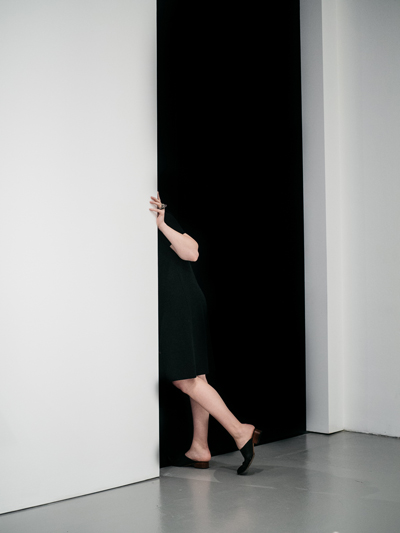This year I retired from a job I once loved. I knew I would at some point, but I hadn’t planned to do so quite so soon. The first wave of grief hit when the lovely little company I worked for was gobbled up by a big national octopus. That grief continued as I moved through the following year, watching and being impacted by all the difficult changes that took place. So much changed: the loss of well over half my colleagues and friends, how I navigated my day-to-day work life and responsibilities, my title, and the kind of care I could – or rather could no longer – provide to my bereaved folks. It was exhausting, painful, ugly and deeply disturbing. By the end of the year, it felt like the only option was to remove myself from the once-loved environment. So, I chose to retire. And I promise you I was well aware that I was in the privileged position of having this option. I could go on Medicare. I had some retirement savings. I wouldn’t be destitute. I could leave the insanity behind, many of my other suffering colleagues do not have this option.
I’ve been reading about grief and retirement lately. The title of this article caught my eye: It’s my party and I’ll cry if I want to (The retirement blues), wherein the author writes: “Grief gets a bad rap. When you hear the word, it’s natural to assume something bad happened.” And, of course, the most common perception for the vast majority of those of us living in this culture – this highly production-oriented, you-are-only-valued-if-you-are-
- A daily routine honed and developed over many years?
- Daily social interaction with beloved co-workers?
- A sense of purpose and identity, a feeling of value in this doing culture?
- Regular mental stimulus?
- A regular paycheck?!
By finding a new way to navigate my life, I am recreating myself. And I struggle repeatedly with the message that if I am not doing something, I will no longer be valued. Friends and family will say, “You must feel so grateful to be out of that mess; to be able to work (or not); to have flexibility.” Yes, I am grateful. And still I grieve. Amy Florian says, “Grief occurs whenever an attachment is broken – whenever you must leave behind someone, something, a function, a way of life, or anything else you’ve become attached to and do not want to live without. It occurs whenever one chapter is ending, and another begins and encompasses the ‘in-between’ space when you learn to let go of what can no longer be, accommodate your life to that loss, and build a different future.”
Here are some questions to consider if you or a client are in an ‘in-between’ space:
- What kinds of losses have you experienced because of a choice or choices that you made? Was this choice(s) something you wanted?
- How did these losses impact you physically, emotionally and/or mentally?
- How did others respond if/when you talked about these types of losses?
- How do you define your “value” and your “self-worth” in this culture? How does this definition that you hold impact your choices in life? How does it impact your losses in life?
- Have you been in an ‘in-between’ space in your life? What has this been like for you? How do you experience those ‘in-between’ spaces?
- If you have been unable to make a choice in your life, e.g., retire, because you did not have that privilege, what has that been like for you?
- What losses have you experienced because your choice(s) are constricted?
“Grief is the hallway between the room one must leave and the room that awaits,” Amy Florian notes. I’m letting myself sit in the hallway. Can we allow each other those hallway spaces?

By Carol S. Miller, LCSW, Certified Creative Grief Support Practitioner

